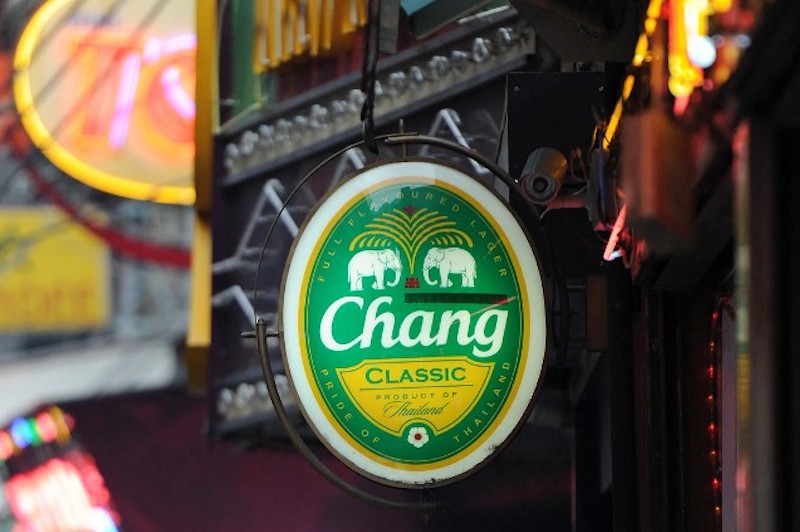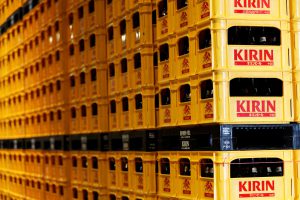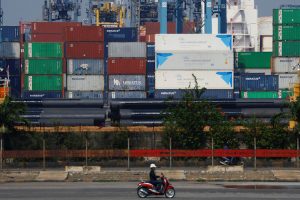Thai Beverage (ThaiBev) will seek just half of its original fundraising target with a revived plan for a Singapore initial public offering (IPO) of its regional brewing operations.
The maker of Chang lager plans to raise from $800 million to $1 billion through the listing, down from an original $2 billion. The reduction is because of the impact of the Covid-19 pandemic and decreased market valuations, sources said.
Controlled by tycoon Charoen Sirivadhanabhakdi, ThaiBev is one of Southeast Asia’s largest makers of drinks. The company declined comment on the funding amount.
ThaiBev said in a regulatory filing that it had re-started work to list its regional beer unit, BeerCo, and would look to sell up to a 20% stake through the Singapore IPO.
Another source familiar with the matter said ThaiBev could end up raising about $800 million, adding that the launch of the IPO was subject to market conditions.
A successful IPO would mark one of the largest listings on the Singapore bourse in years.
BeerCo, which comprises Thai Bev’s brewing operations in Thailand and Vietnam, had initially planned a listing in early 2020 but that was derailed by the outbreak of the pandemic.
- Reuters, with additional editing by George Russell
READ MORE:
Thailand Boosts Carmaking Prospects With Toyota EV Deal
Thai Plan for Chinese Sub Runs Aground – Nikkei
War Prompts Thai Business Group to Trim Economic Forecast






















